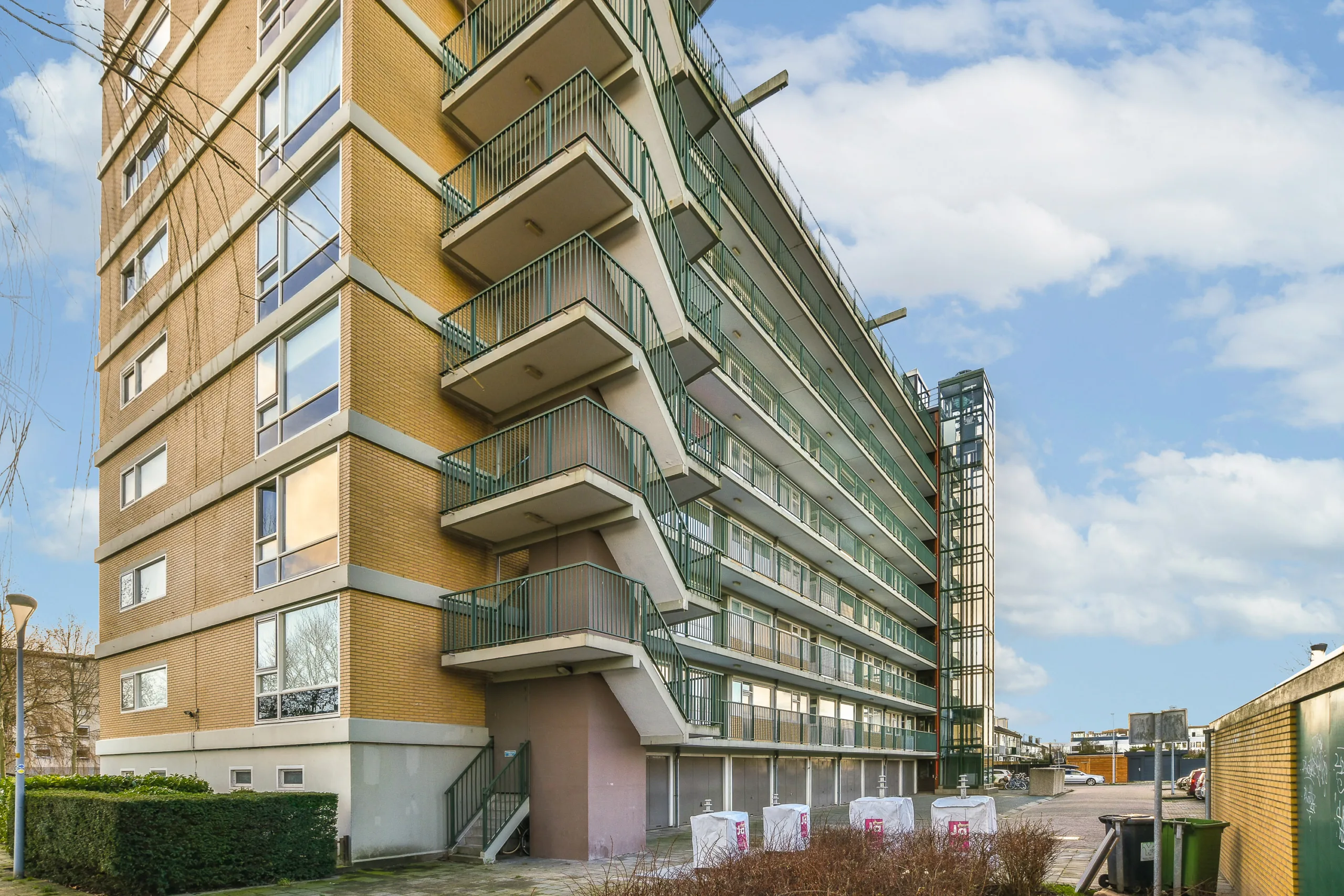- Sectors like data centers, marinas, manufactured housing, and cold storage are becoming increasingly popular investment targets as traditional assets like office decline in value.
- Deloitte predicts these formerly niche sectors could make up 50% to 70% of institutional portfolios by 2034.
- Liquidity constraints and a volatile market are accelerating a strategic pivot toward asset classes with unique supply-demand advantages and operational complexity.
A Shift in Strategy
With traditional asset classes—especially office—underperforming, institutional investors are increasingly turning toward formerly niche real estate sectors, per Bisnow. Marinas, cold storage facilities, manufactured housing, and data centers are emerging as compelling targets for capital, according to market experts.
“Five years ago, I don’t think many of these sectors were even on the radar,” said Michael Stark, partner and co-head of PJT Park Hill’s real estate group.
The Appeal of Alternatives
Recent forecasts show these specialized asset classes aren’t just a temporary hedge. Deloitte predicts that by 2034, alternative sectors could account for up to 70% of CRE portfolio allocations. The push is being fueled by a mix of generational preferences, macroeconomic headwinds, and tightening capital availability.
Market pressure: According to Agora’s 2025 real estate sentiment report, 44% of firms have altered investment strategies due to market volatility.
Generational shift: Executives under 40 are 10% more likely than their older counterparts to favor emerging property types.
Geographic pivot: Many firms are not only changing asset types but also shifting regionally—favoring the Southeast and Southwest.
Get Smarter about what matters in CRE
Stay ahead of trends in commercial real estate with CRE Daily – the free newsletter delivering everything you need to start your day in just 5-minutes
Big Players Making Big Moves
Major deals are reinforcing the trend. Blackstone’s $5.7B acquisition of Safe Harbor Marinas and Brookfield’s $10B purchase of manufactured housing leader Yes Communities are two of the highest-profile bets on alternatives.
“These large platforms already have deal flow and capital strategy in place—giving them a distinct edge in this market,” Stark said. “Emerging platforms that lack both are going to struggle.”
Execution Matters
Institutional-grade investors are not just seeking assets—they’re seeking operators with the skill sets to manage the operational complexity of these sectors. Relationships, expertise, and execution ability are critical differentiators.
“You’re buying hard assets,” Stark added, “but there’s an operating element that requires a unique and differentiated skill set.”
What’s Next
As interest rates stabilize and volatility lingers, institutional players are expected to keep doubling down on alternatives. With liquidity still constrained—58% of investors report difficulty raising funds—expect capital to flow toward those with proven platforms, operational depth, and differentiated strategies.


















